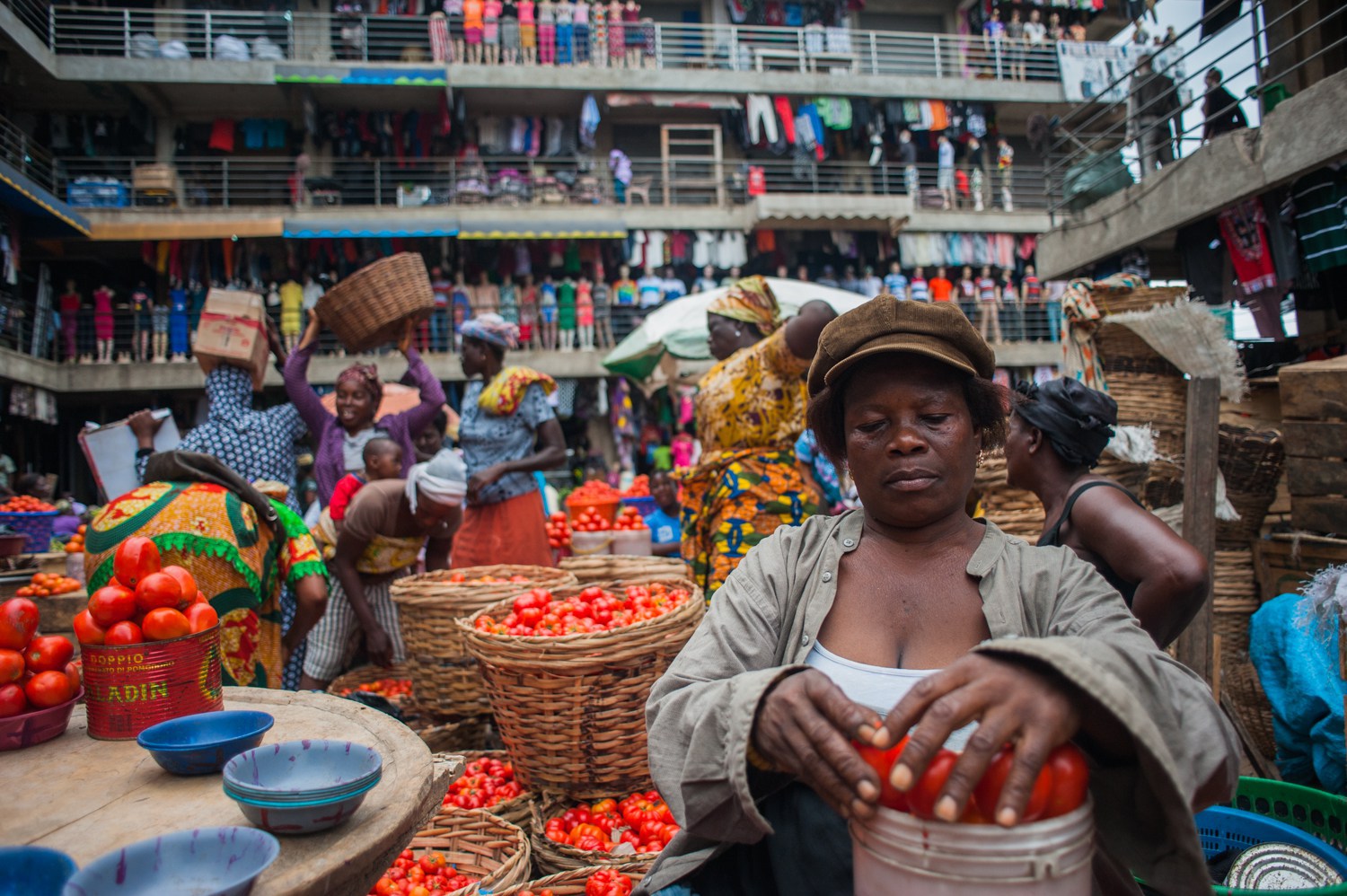The International Monetary Fund IMF has predicted that Nigeria will “muddle through” with its economic policies in the medium term.
According to Reuters, the Washington-based international bank however advised that “comprehensive and coherent” economic policies “remain urgent and must not be delayed by approaching elections and recovering oil prices.”
The nation’s economy has officially been declared to be fully on the growth path with the unveiling of the growth figures for the fourth quarter (Q4) of 2017 at 1.92 percent.
The National Bureau of Statistics report has further affirmed that the Gross Domestic Product (GDP) which grew by 0.83 percent on average in 2017, representing 2.42 percent higher than -1.58 percent average recorded in 2016.
Since the country emerged from recession in Q2 2017 which was largely described as “fragile”, especially as the recovery has been led by rising crude oil prices the recently released full-year 2017 reports, however, noted that besides the re-surging crude oil prices, crop production, natural gas, metal ores, construction, transportation and storage, trade, electricity and gas production contributed to the growth.
But IMF also expressed worries that while the broader economy is slowly exiting recession, people are getting poorer as the real gross domestic product per capita is falling.
It also identified downside risks to the growth including additional delays to implementing policies and reforms ahead of 2019 elections, security tensions, and oil prices, a fall in which could see capital flows reversed.
IMF also repeated its call, which it has made for more than a year, for Nigeria to simplify its complex foreign exchange system, which has left large gaps between official rates and various windows that certain groups can use to get other rates.
A financial expert, Mr. Ben Ogbe said the government must come up with policies that will stabilise the economy such as massive investment in infrastructural developments.
In his words
“With Nigeria slowly breaking away from the shackles of oil reliance and deriving growth from other sustainable sources, the outlook remains highly encouraging but for Nigeria to maintain this current positive momentum, it is vital that the 2018 budget is approved. With economic growth prospects on a positive trajectory and inflation STABILISING, the Central Bank of Nigeria could be encouraged to cut interest rates sooner than expected to support growth further”











